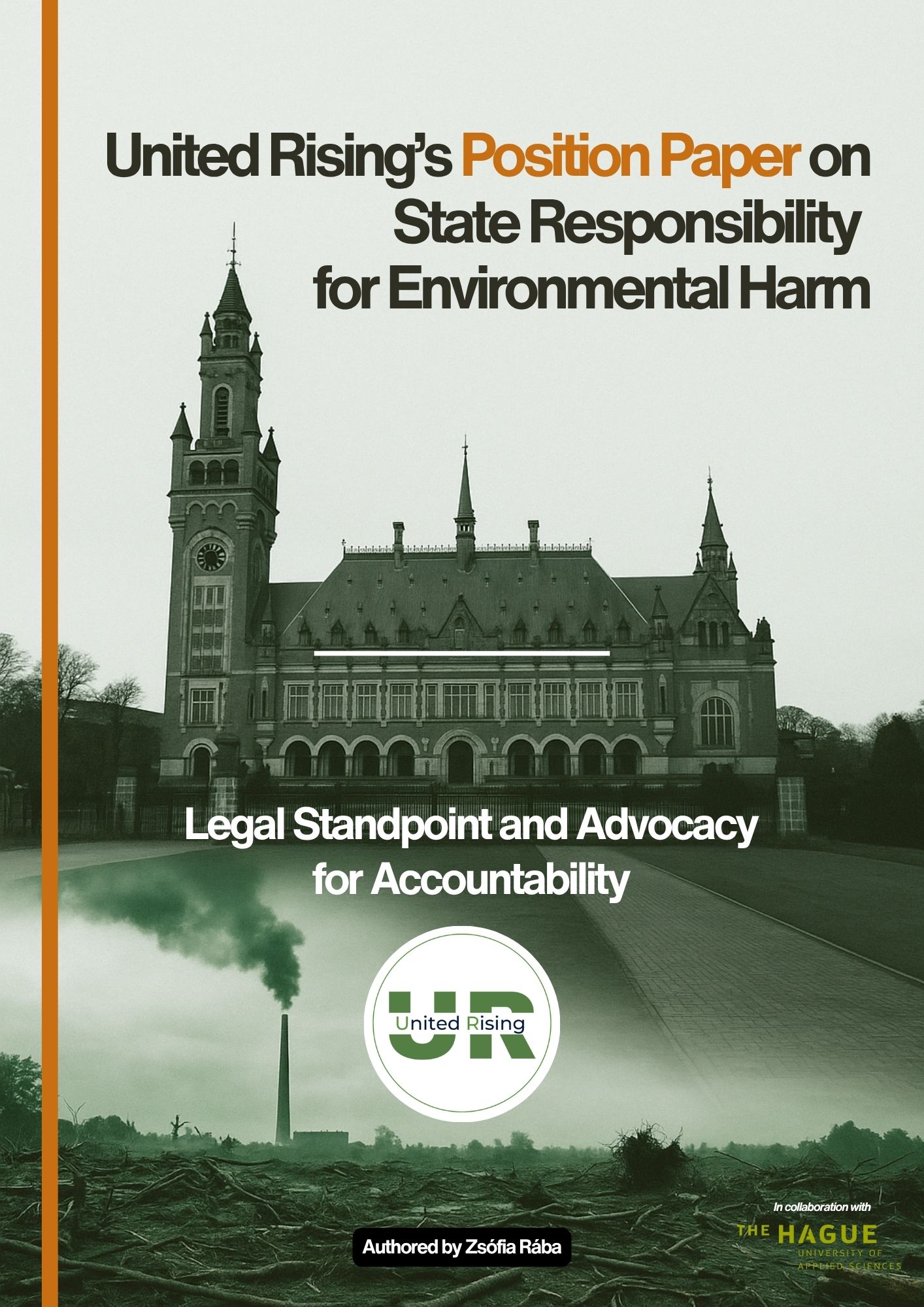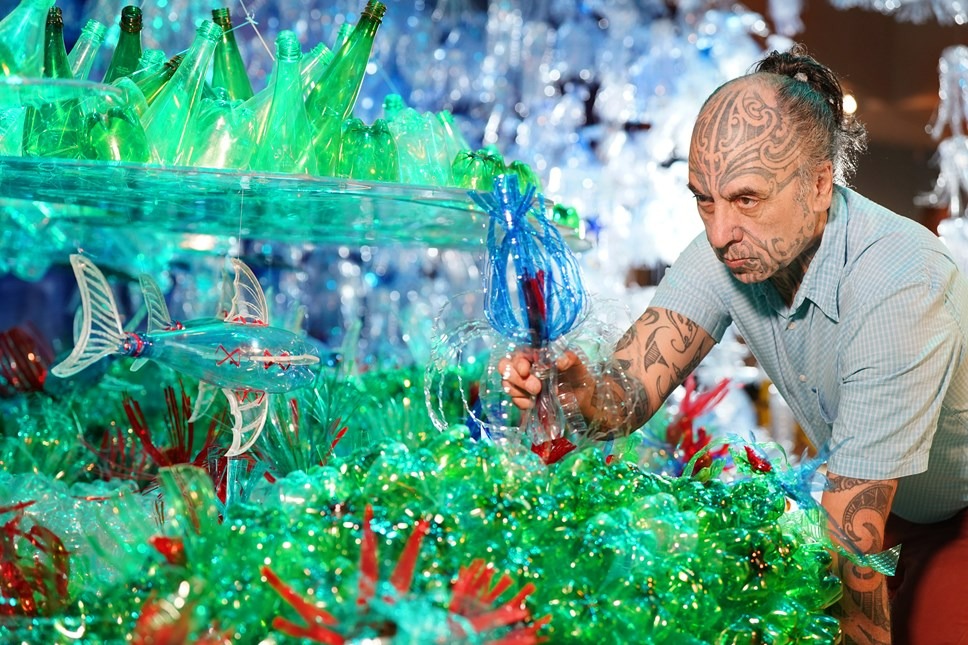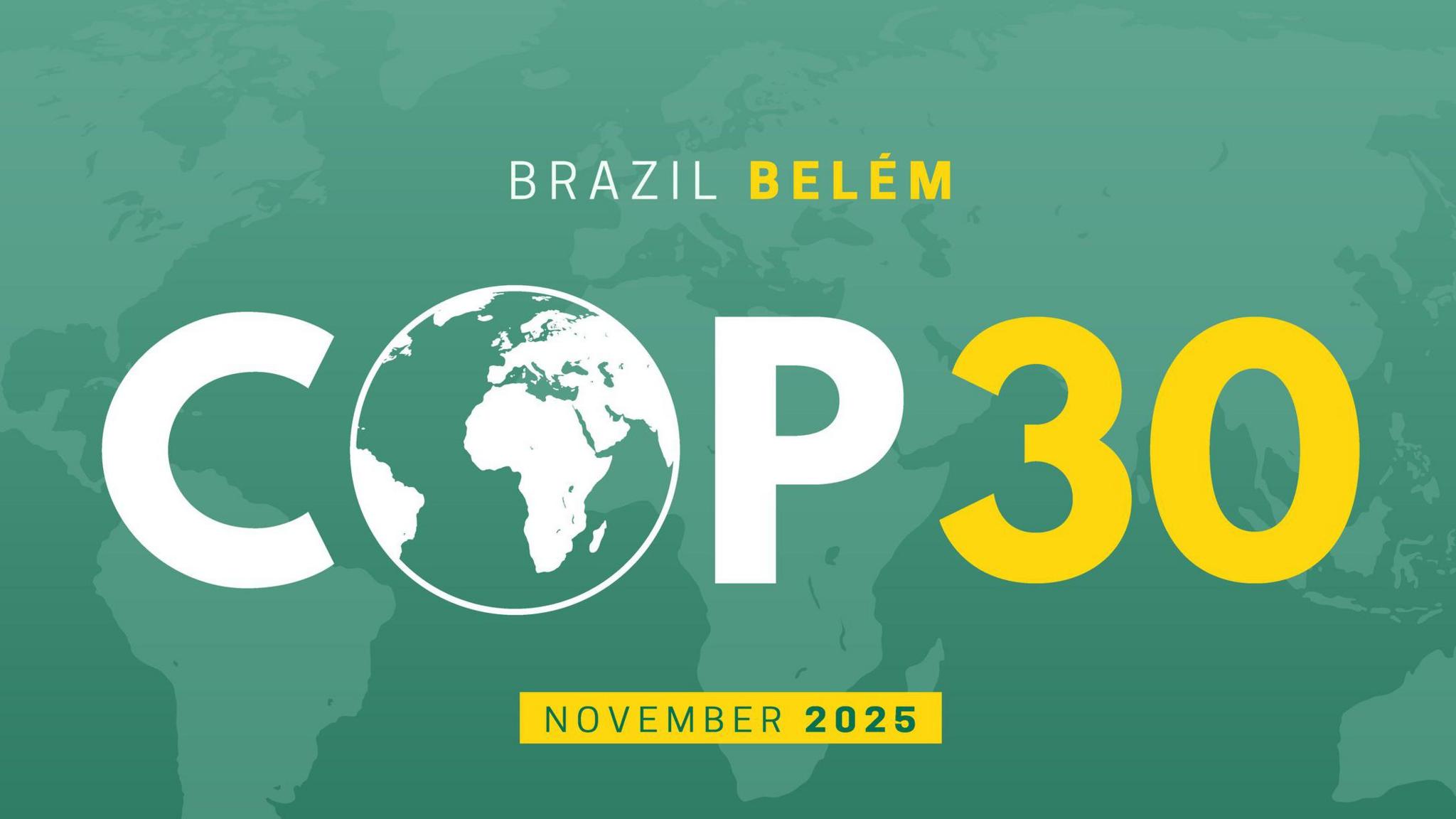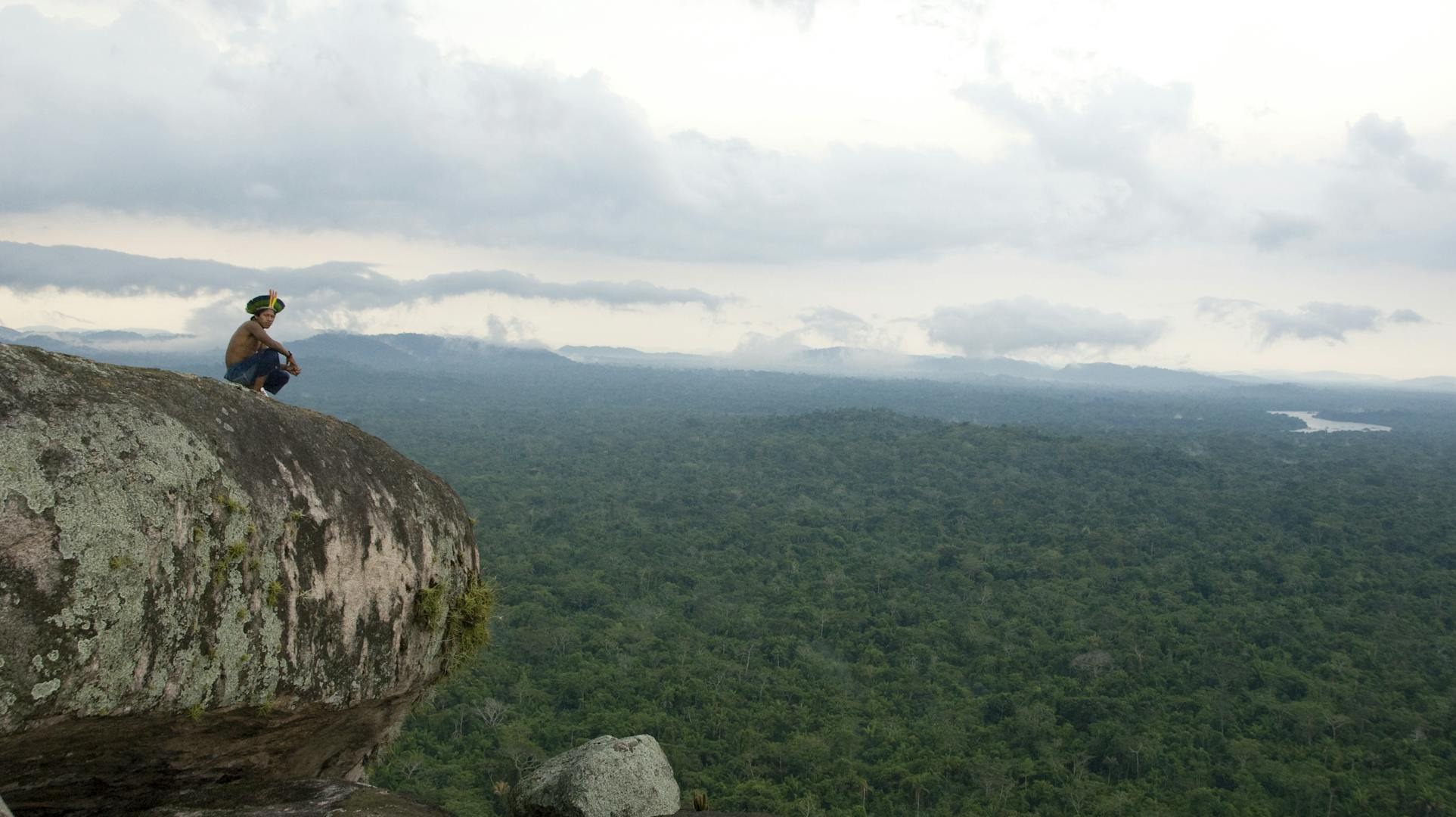Our Projects
CAMPAIGN
Intersectional Environmentalism
UR’s Intersectional Environmentalism campaign advocates for a just and inclusive approach to sustainability, placing equity at the heart of climate action.
By challenging entrenched power structures and amplifying the voices of those most affected by environmental crises, we aim to create meaningful change. Through research, storytelling, and advocacy, we empower vulnerable communities, ensuring their experiences and solutions shape a more sustainable and equitable future. Together, we are working to protect both the planet and its people.
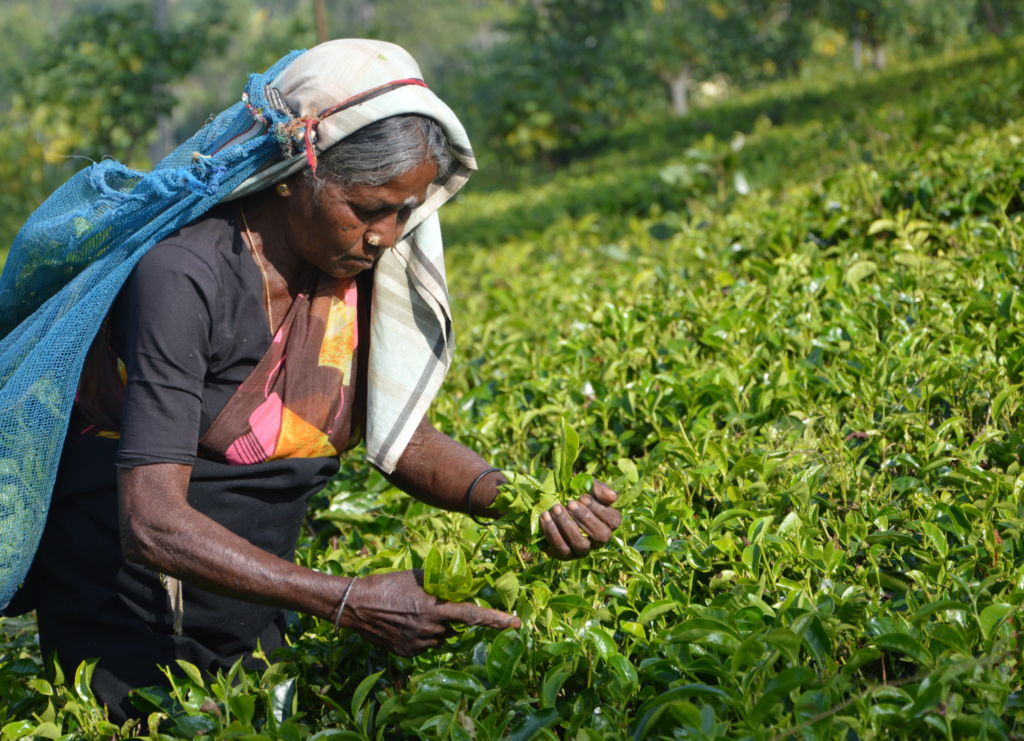
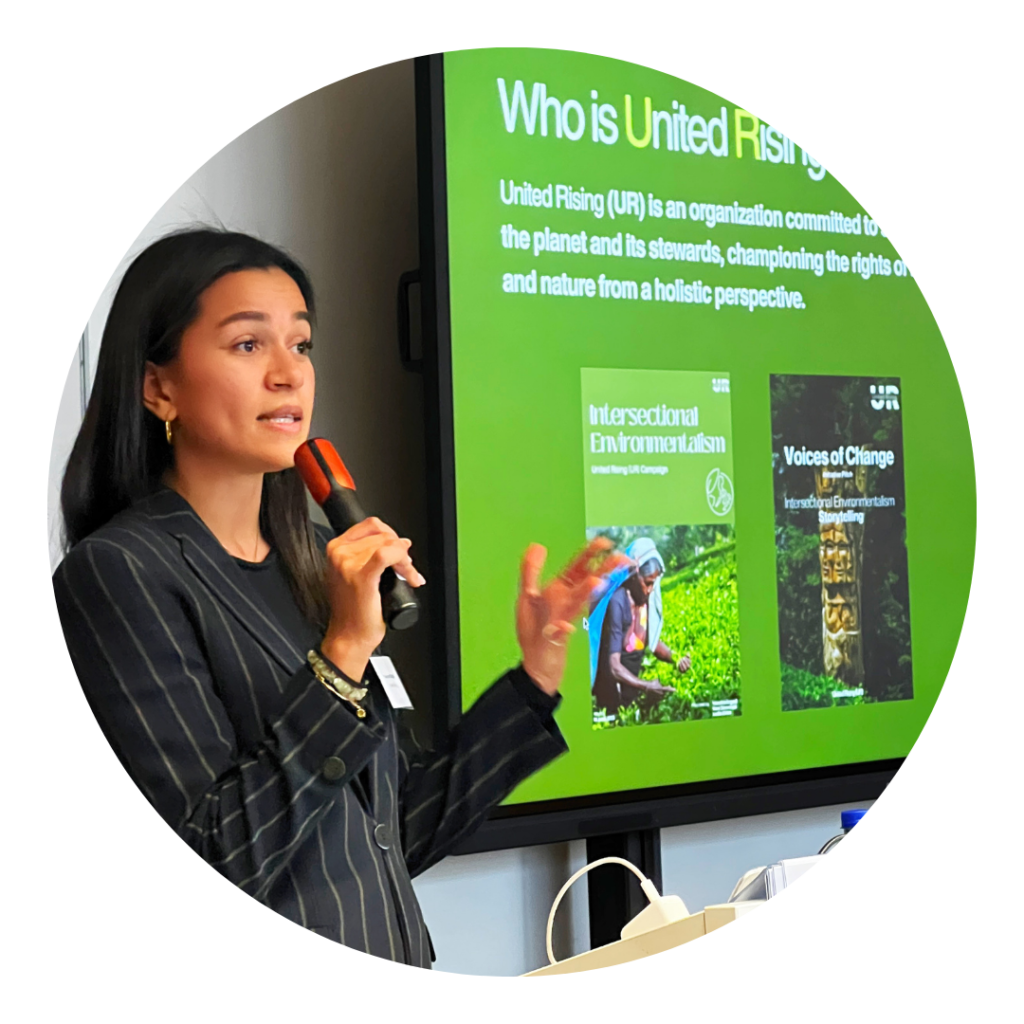
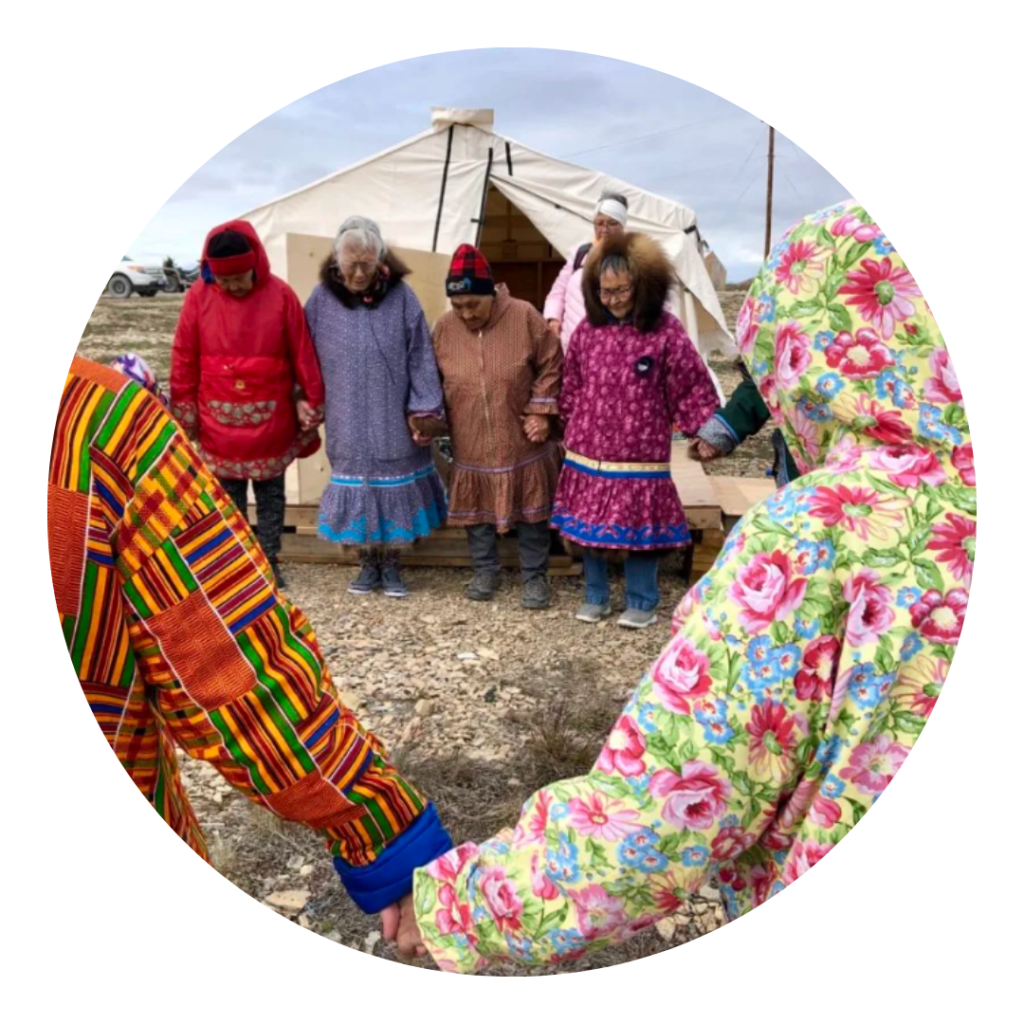
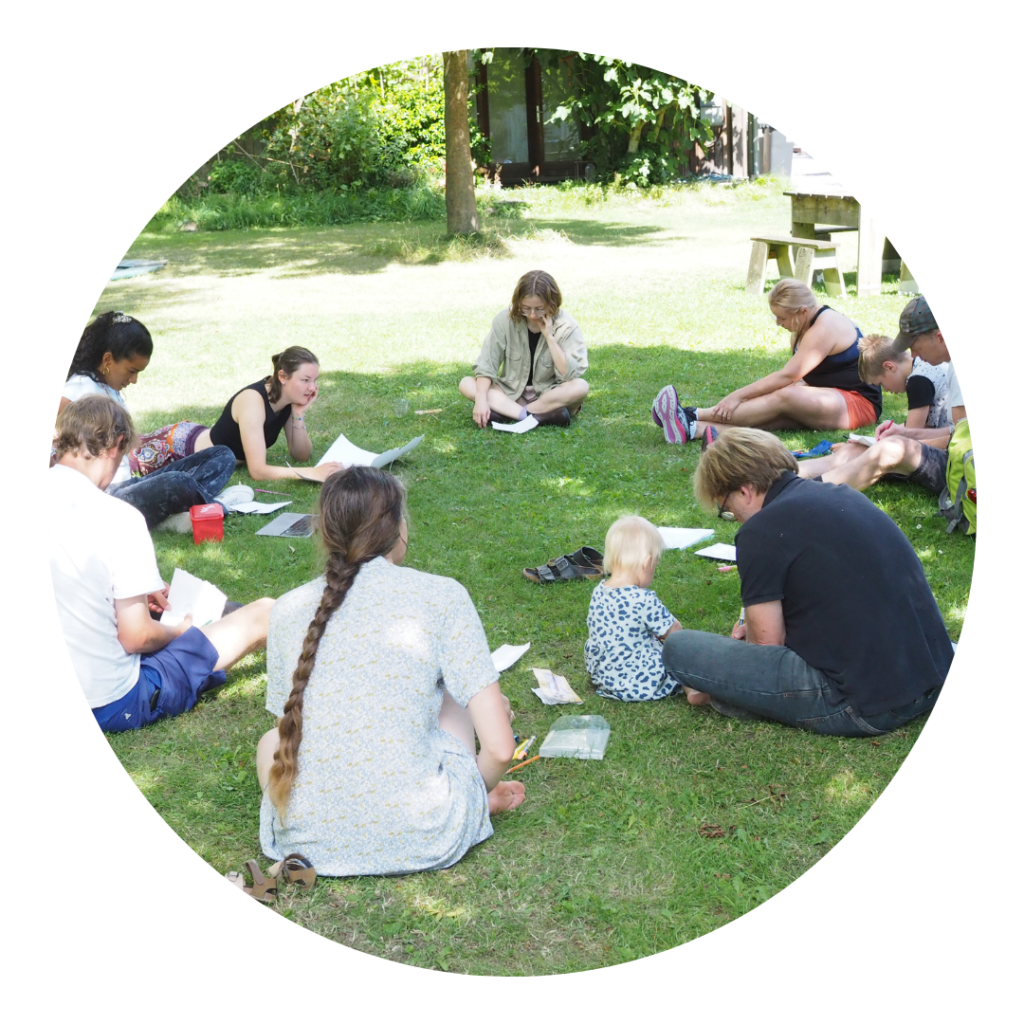
Advocacy
We champion systemic change by addressing inequalities in climate policies and amplifying the voices of marginalized communities.
Storytelling
We share powerful narratives that humanize environmental challenges, spotlighting inspiring action through lived experiences.
Education
We foster education by providing accessible resources, workshops, and discussions that promote an intersectional approach.
Follow our Digital Campaign!
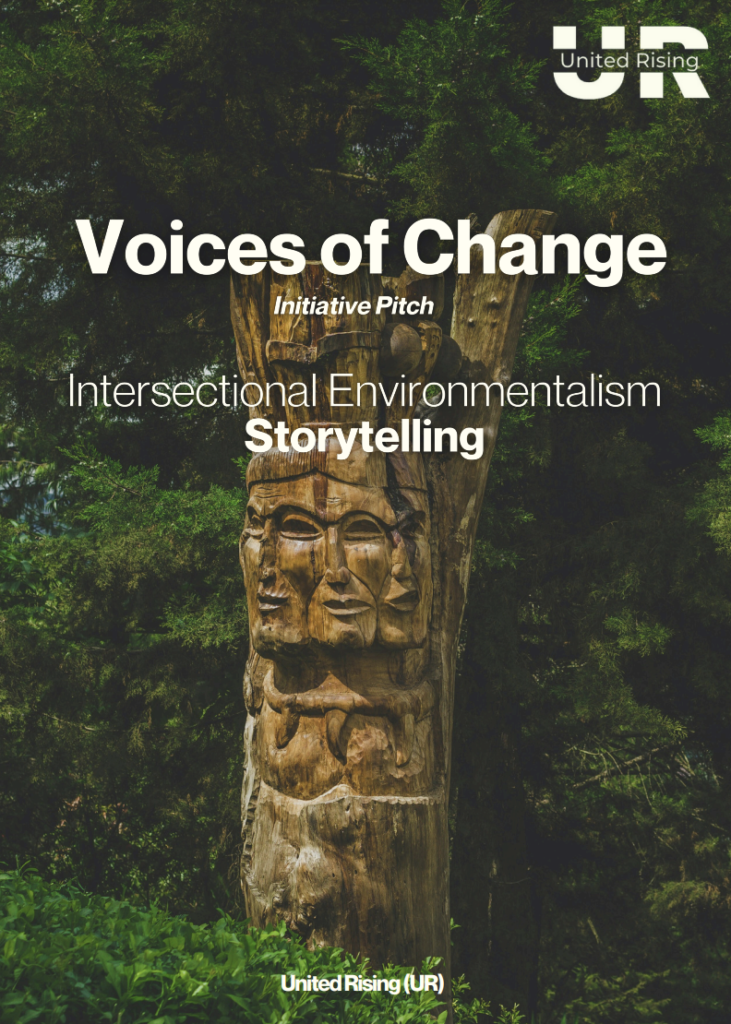
Voices of Change Storytelling
Our Storytelling initiative is aimed at empowering Indigenous communities, promoting inclusive environmental justice, and highlighting the connections between climate change and social injustices.
For Indigenous cultures, storytelling is an innate practice part of their cultural heritage as a potent vehicle for truth dissemination and the perpetuation of communal narratives across generations. Their ancestral connection to the land and their relational knowledge of the non-human beings who dwell in their territories offer unparalleled insights into sustainable stewardship.
MODEL UNITED NATION SIMULATION
Ecocide – United Voices MUN
It is time we recognize the intrinsic rights of nature and reimagine our role as stewards of the planet.
Ecocide refers to the widespread, severe, or long-term damage to the environment caused by human activity, often with knowledge of its harmful consequences.
At United Rising, we’re proud to introduce the Ecocide United Voices MUN, a groundbreaking Model United Nations simulation that moves beyond traditional state-centric perspectives. Through immersive debate and collaboration, we aim to foster innovative solutions that prioritize the long-term health of ecosystems and uphold justice for all.
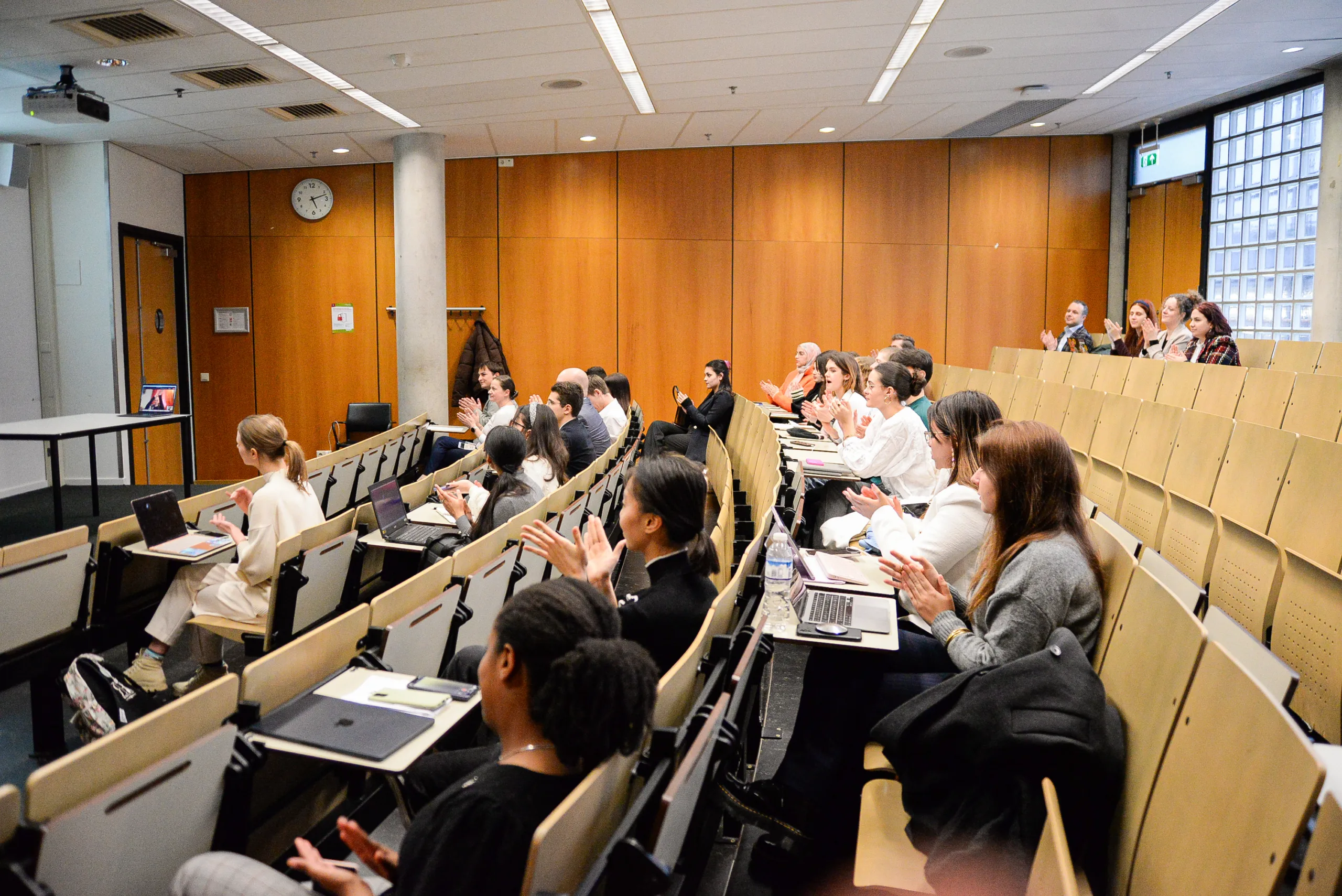
Policy Development
We advocate for a shift from state-centric approaches to a human-security framework, where ecocide is recognized as a prosecutable crime, urging the international legal community to integrate the knowledge and lived experiences of Indigenous communities.
Education
Our mission is to equip individuals, and policymakers with the knowledge and tools necessary to engage meaningfully in discussions on ecocide through training programs, research dissemination, and interactive learning initiatives.
Advocacy
United Rising fosters awareness and actionable engagement on ecocide and by advocating for the recognition of the inherent rights of nature and affected communities through strategic campaigns and media engagement.
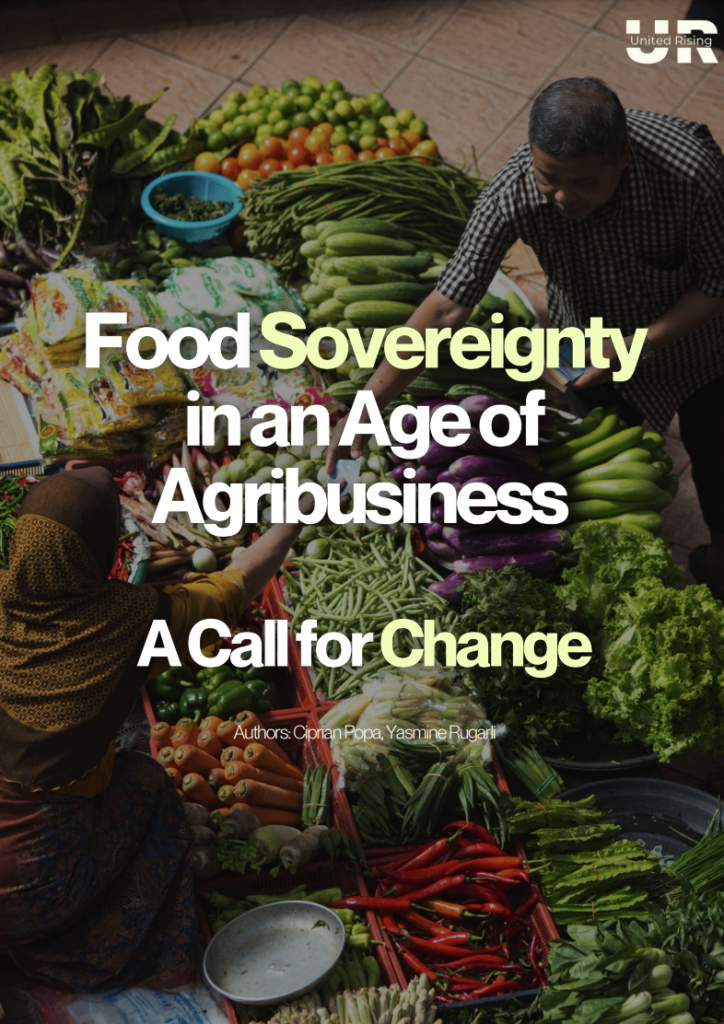
Food Sovereignty
In an age dominated by industrial agriculture, food sovereignty emerges as a beacon of hope for a more just and sustainable world. Food sovereignty emphasizes the right of communities to define, produce, and control their own food systems in ways that respect local ecosystems, cultural traditions, and human rights.
At United Rising, we stand with food sovereignty advocates to demand bold, systemic change. Together, we can rise to protect not just our food systems, but the communities and ecosystems that sustain us all.
Explore our full report, “Food Sovereignty in an Age of Agribusiness: A Call for Change,” to dive deeper into these critical issues and solutions.
State Responsibilit for Environmental Harms
This Position Paper by Zsófia Rába outlines United Rising’s legal stance on state responsibility for climate-related environmental harms, developed in the context of the ongoing International Court of Justice proceedings for an Advisory Opinion in the context of Obligations of States in respect of Climate Change. Grounded in the principles of intergenerational justice and human security, the Paper argues that states have immediate, binding obligations under international law to prevent, mitigate, and remedy climate harm. Drawing on treaty law, customary norms, and human rights jurisprudence, it presents a legal framework that transforms youth-led climate advocacy into enforceable legal demands.
The Paper identifies major enforcement gaps and makes strategic recommendations for legal remedies, including cessation, full reparation, and procedural guarantees. It further asserts that climate obligations are erga omnes obligations and that their breach triggers consequences under the Draft Articles on Responsibility of States for Internationally Wrongful Acts. This work aims to equip United Rising and its partners with a clear, values-based legal narrative at a critical moment for international climate law.
Our Latest Articles
COP30: Realities and Losses for Indigenous Peoples
Authors: Marit Heppe, Rosa Jorba Thousands of Indigenous peoples marching and protesting, a record number of fossil fuel lobbyists accredited, and…
From Plastic Waste to Art: Transforming Oceans by George Nuku
Author: Marit Heppe Lake Tarawera, the early morning of May 31, 1886, a short eleven days before the eruption of Mount…
Gender-based violence and embodied resistance: Women’s bodies as tools of
Authors: Marta Fontana, Soňa Sopirová, Zsófia Rába 1. Introduction “We think of our body as our first territory, and we recognise the…
When the Waters Speak: Tiare Ribeaux and the Story of
Author: Isa van der Wal In the shimmering waters of O’ahu, Hawaii, where the tides once carried life, food, and stories,…
What to Expect from COP30? Indigenous Peoples at the Forefront
Authors: Marit Heppe, Rosa Jorba In November 2025, the world will be looking at Belém do Pará, Brazil, as it hosts…
FPIC as a Human Rights Mechanism Against Ecocide: A Brazilian
Author: Letícia Rosar Mori “The forest is alive. It will only die if the white people persist in destroying it. If…










